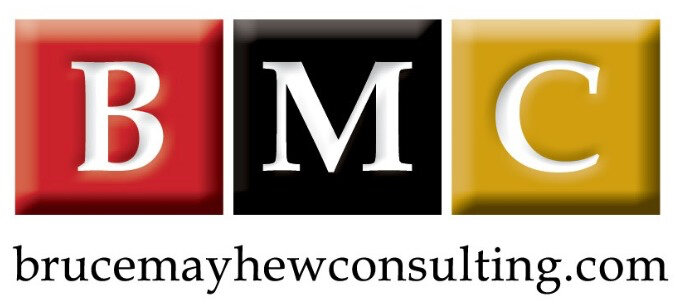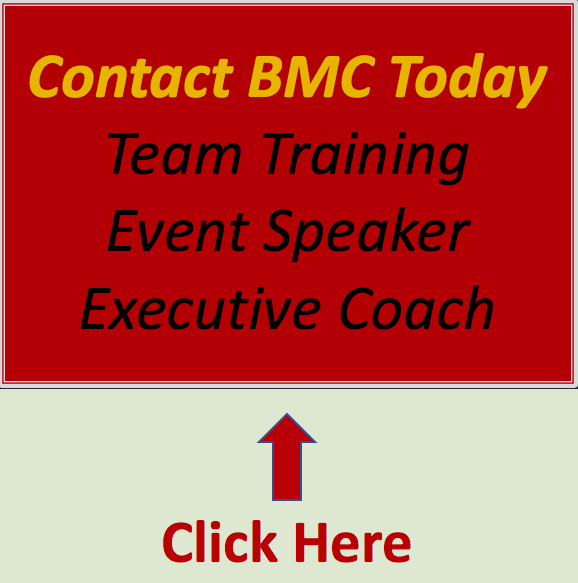Four Rules To Be An Effective Leader
/Rule 1.
Lead by sharing a strategic vision and by honoring shared values with every decision. Be consistent with your company vision and values. Be an example that inspires others and help others be consistent with your company vision and values. At some moment in time it may be important to break the rules and do something unexpected… daring… challenging. But if your decisions are always in-line with your overall vision and values, it will be OK.
Rule 2.
Have someone (or a team) who can push you. Find successful people you trust, work with them and listen to them. Also find successful people who will listen to you and who are not scared of disagreeing with you – who will challenge you and enter into open, creative, productive, respectful dialogue.
Rule 3.
Empower everyone around you. Give them the tools, resources and moral support to push their limits and grow. Help them be successful but don’t try to be them – be you. Everyone has special qualities to add. Together you are a force – apart you are alone.
Rule 4.
Read books and articles. Yes listing to others is important and watching YouTube videos has value. But we learn differently when we read and there are thousands of talented people who have written books and shared their great ideas. Take advantage of their experience.
Conclusion
There are many great things great leaders do. I encourage you to explore how you are doing with these four rules. Thank you for reading four rules to be an effective leader. Please share your own favourite leadership rule or rules in the comments.
Thank you.
Bruce
About Bruce and Bruce Mayhew Consulting.
Bruce is Corporate Trainer, Keynote Speaker and Executive Coach.
Bruce Mayhew Consulting specializes in customized Email Etiquette Training, Leadership & New Leadership Development, Generational Differences, Time Management Training and other soft skills training solutions in Toronto and across Canada. Bruce is also an Executive Coach to a few select clients.
Bruce is an experienced motivational speaker in Toronto and has inspired audiences across Canada and within the USA and the UK. Bruce works hard to always make sure your training event, conference, retreat, or annual general meeting is a success.




